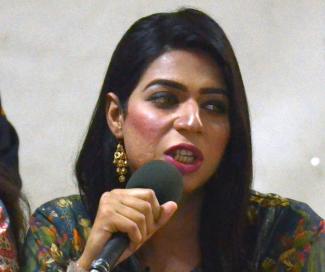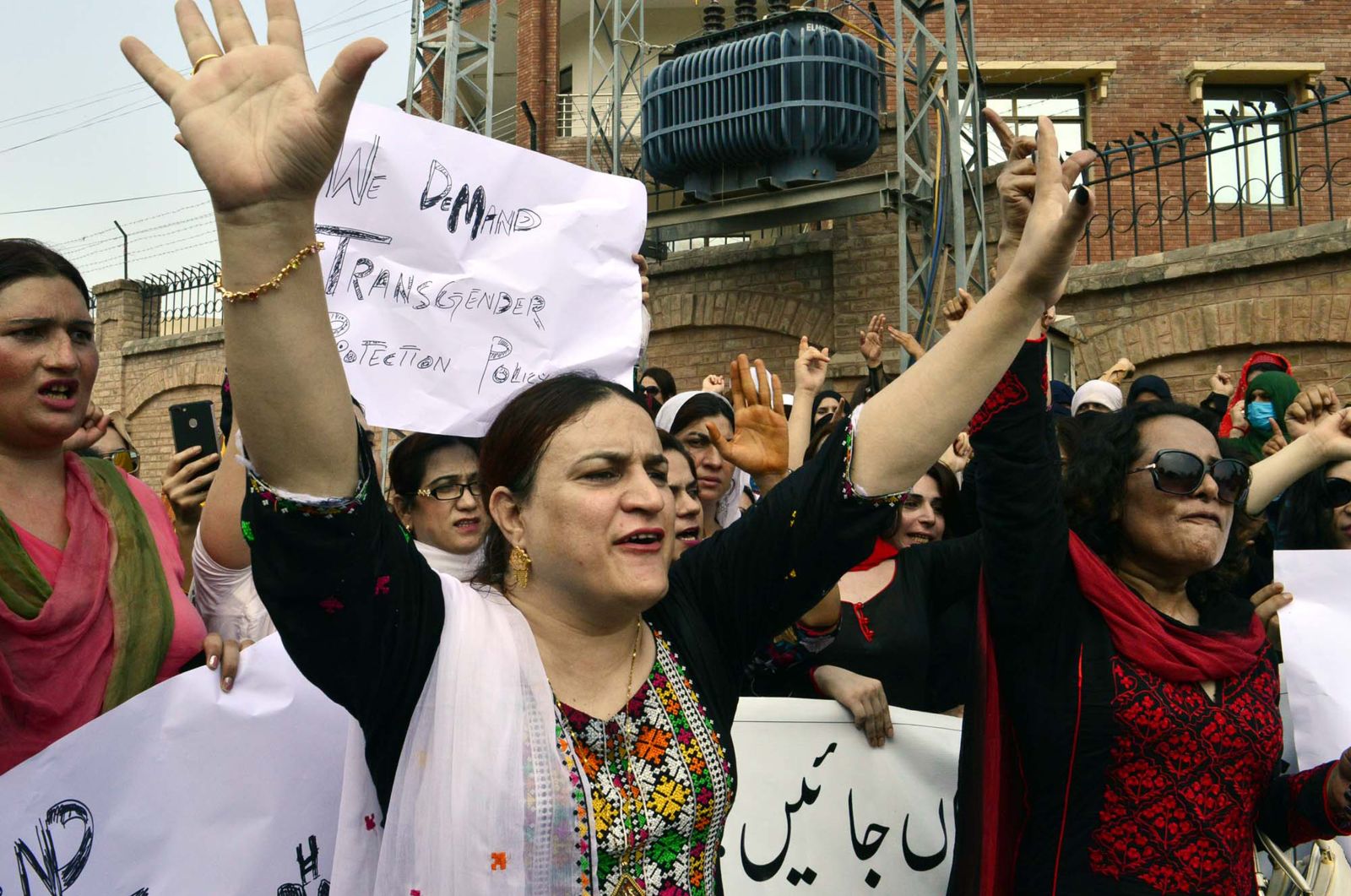Hijras
History of a marginalised community

In the Mughal era, eunuchs or Khawaja Sira, as they were called, were the most trusted royal servants. They wielded enormous power, respect and some managed to amass large amount of wealth. They were usually appointed as custodians of harem and some rose to the ranks of army generals, royal teachers and court advisors.
With the decline of the Mughal Empire and the advent of British rule, their influence waned. In 1871, the colonial power introduced the Criminal Tribes Act (CTC). It required registration and control of eunuchs. There was a blanket suspicion of kidnapping, castration and sodomy.
Under the CTC, wearing female clothing was a punishable offence for men. According to this law, “any eunuch ... who appears, dressed or ornamented like a woman, in a public street or place, or in any other place, with the intention of being seen from a public street or place, or who dances or plays music, or takes part in any public exhibition” could be sentenced to up to two years of imprisonment plus a fine. Moreover, the CTC criminalised “all persons of the male sex who admit themselves or on medical inspection clearly appear to be impotent”.
Colonial law deprived eunuchs of their primary source of income and any kind of rights. It pushed them further into poverty and social exclusion. According to English understanding, there were only two sexes. Homosexuals were criminalised too.
Historians report that the British wanted to erase the Hijras as a visible socio-cultural category and gender identity. While they did not succeed in doing so, many faith leaders adopted the colonial power’s understanding. Today, conservative Mullahs oppose reforms that safeguard Hijra rights. This is one reason, why the colonial legacy is only ending very slowly.
It took Pakistan’s Supreme Court until 2009 to formally appreciate the civil rights of Hijras, and it took almost another decade for legislators to pass a protective law (see main story). It is interesting to note that a similar pattern is evident in India. The Supreme Court of India ruled that homosexual acts among consenting adults are a matter of privacy and not illegal. Hindu-fundamentalists did not appreciate that judgment. Their faith has historically been much more liberal than contemporary fanatics admit – as is true of Islam too. (mg)












